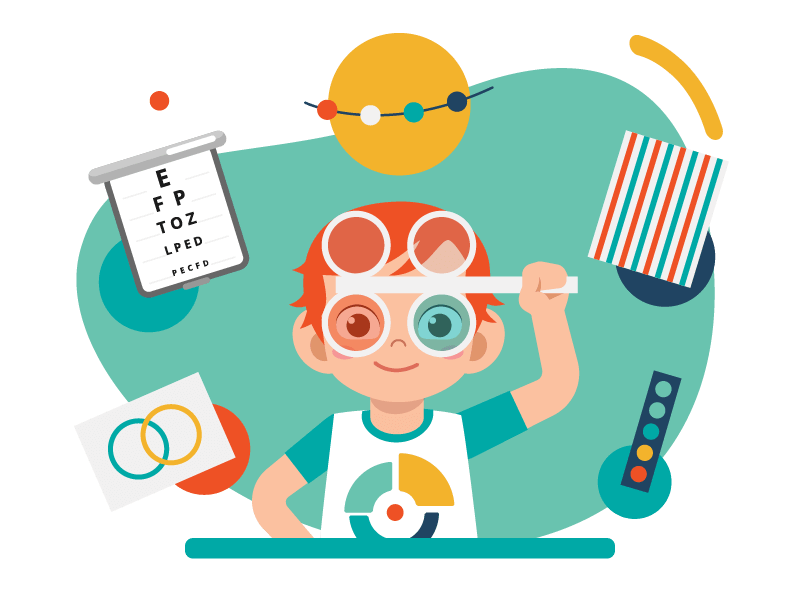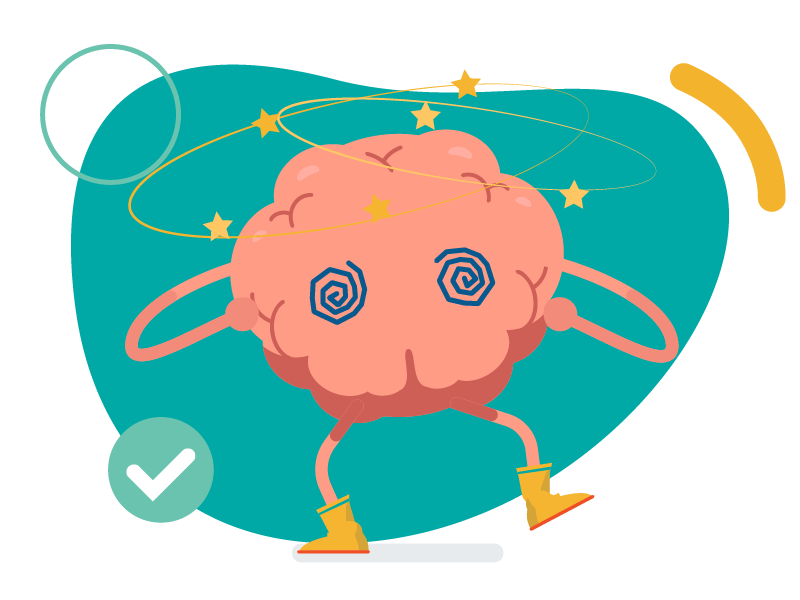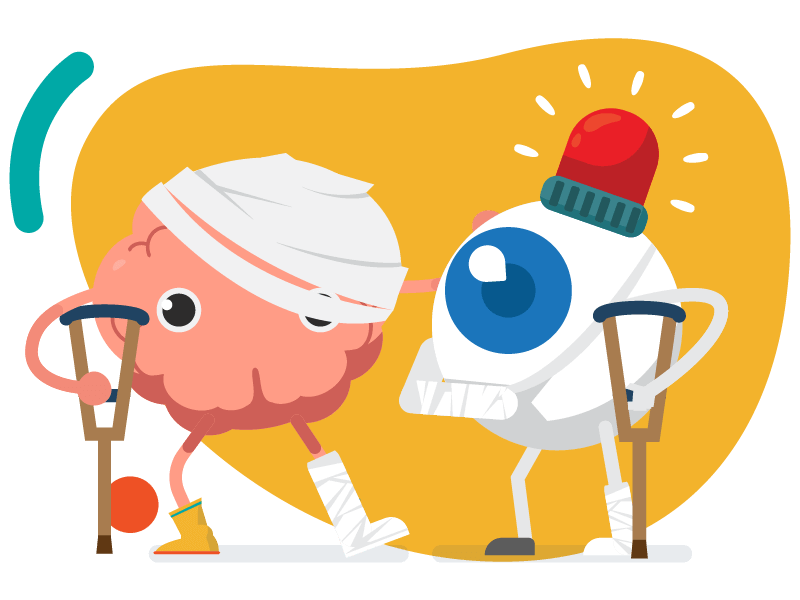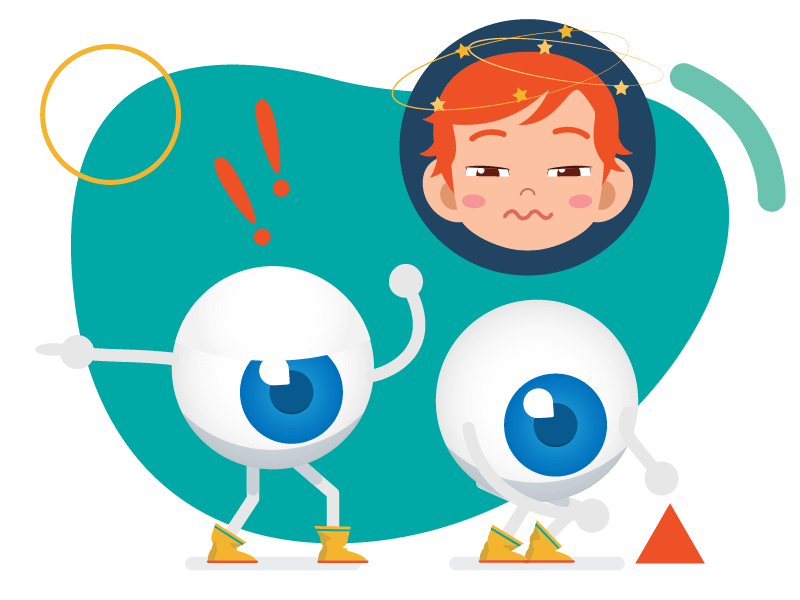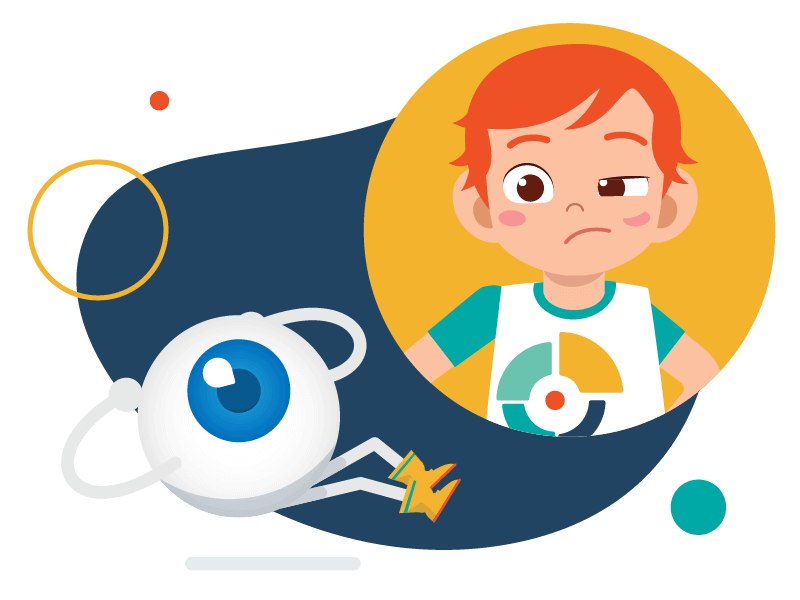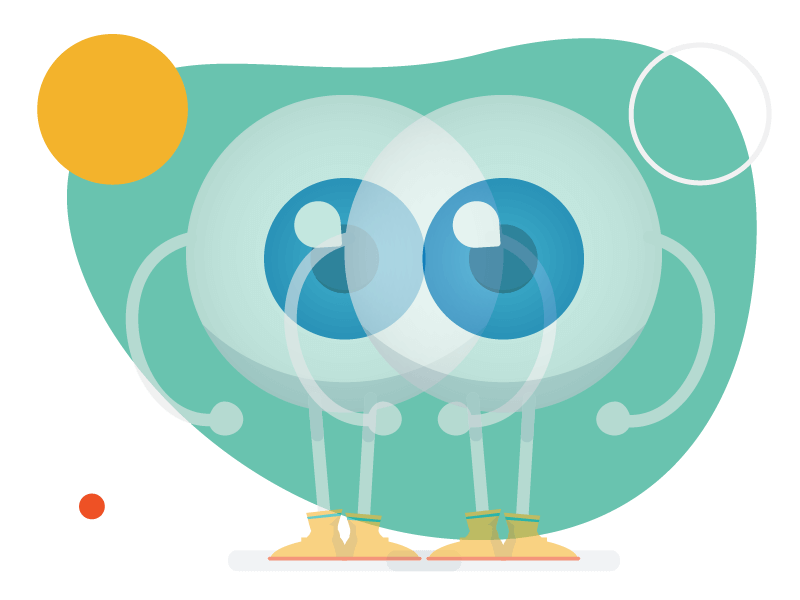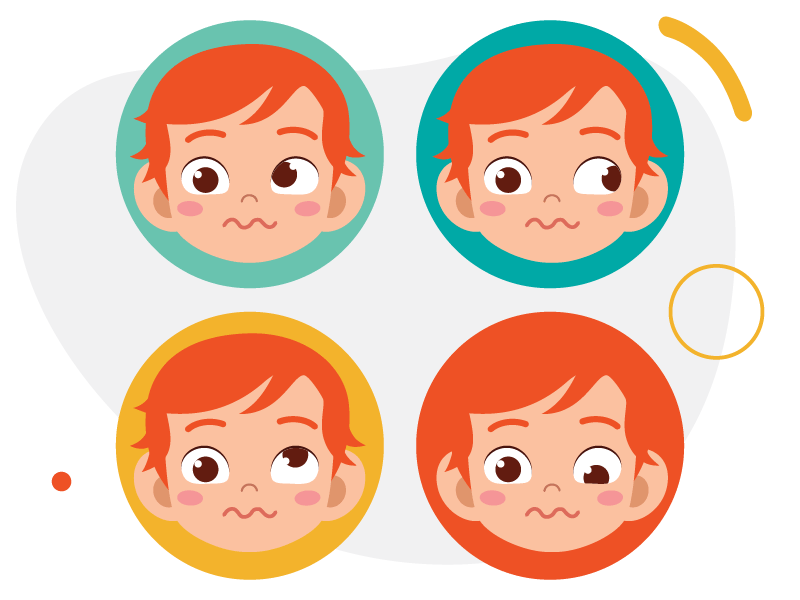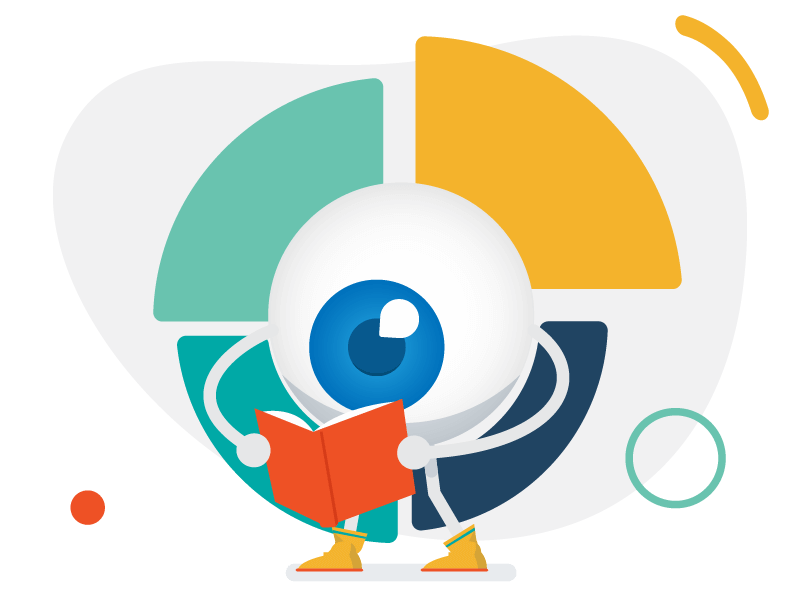Vision therapy is an intervention used by optometrists that describes the ways in which visual processing and the ability to interpret information through the eyes is developed and improved. Vision Therapy is used in people who lack visual efficiency, ease, comfort, and skills. The belief that Vision Therapy is just a fancy way to describe eye exercises is rather antiquated and belies the ways in which it can strengthen weak eye muscles and more. Vision Therapy helps patients re-learn and understand how they see. More accurately, it relates to interactions along the brain’s neural networks, affects changes that occur along neuronal pathways that allow new connections to develop, and enables environmental remapping to occur.
The concept that makes vision therapy possible is known as neuroplasticity.
In order to provide comprehensive, personalized care, vision therapies must be carefully designed to meet the optic needs of not only each person but in some cases, each of their eyes! Much like physical therapy (PT) can be used to treat more than one condition in more than one part of the body, Vision Therapy functions similarly, but within an optical framework. And like PT, Vision Therapy programs must be designed as part of a supervised regimen that addresses perceptual disconnects, cognitive deficiencies, eye focus and movements, tracking, teaming, and overall visual efficiency



